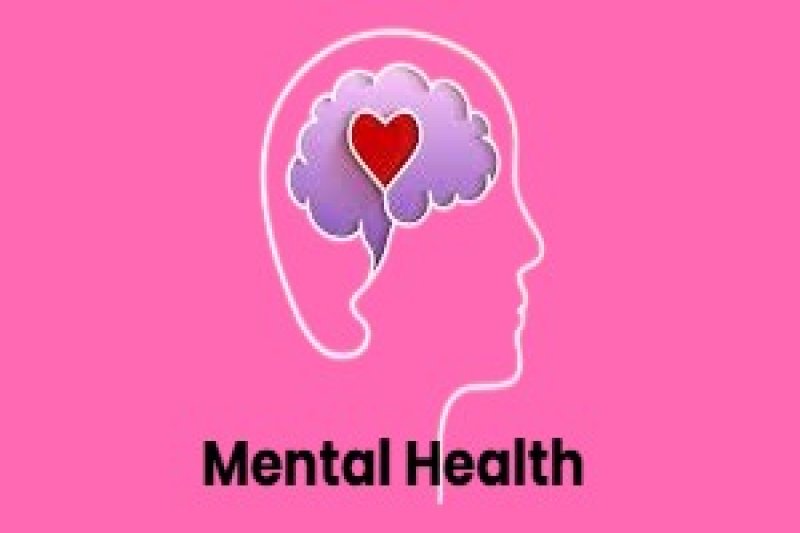Mental health problems not only prevent a person from leading a fulfilling life, obtaining an education, working, and fulfilling family responsibilities, but can also cause physical and social problems with negative consequences.
According to a 2022 KFF/CNN “Mental Health in America” poll, the vast majority of Americans (90%) believe that the United States faces a mental health crisis. In answering questions, Americans cited child and adolescent mental health, persistent mental illness, and bipolar disorder as the top issues in the country.
Health professionals help individuals and communities cope with mental health challenges by promoting positive self-esteem and positive behaviors. Learn about the relationship between mental health and public health, and how to train professionals to promote mental health.
Population health focuses on improving health through disease identification, prevention, and response. Since mental illness affects people’s physical and social well-being, it is a significant public health concern for the accomplishment of public health objectives.
Mental health has a profound effect on how people relate to others, make decisions, and manage stress. A person’s mental health frequently determines how happy they are.
Preventing and promoting mental health is therefore a priority for health professionals.
Relationships with children, peers, family, friends, and coworkers can all be impacted by mental illness.
Mental illnesses often lead to difficulties, such as social isolation, which interfere with communication and social interaction. Particularly for kids and teenagers whose growth depends on having positive interactions with peers and family, this could have detrimental effects.
In adulthood, these differences can lead to family separation, divorce, or alienation from children.
Mental health issues often create financial and emotional burdens for families. For example, a family dealing with a child’s intellectual disabilities can spend millions of dollars on treatment. Any family member may struggle to cope with medical symptoms, such as anxiety or insomnia.
Children with mental health problems in their families are more likely to commit crimes. This can lead to feelings of sadness and loneliness. Future behavioral or social issues may result from this.
Additionally, when family members are confronted with mental health problems in their loved ones, they may feel isolated for fear of being judged by others.
There is a clear link between mental health problems and substance abuse. One thing can lead to another. The National Institute on Drug Abuse (NIDA) reports that one in four individuals with bipolar disorder also suffer from a substance use problem. Prescription medication use is also a risk factor for those with mental illness, according to the Department of Health and Human Services.
The 2022 National Survey on Drug Use and Health found that those with mental illness are more likely than those without mental illness to use dangerous substances. Take a look at these figures: By 2022, people with bipolar disorder or other mental diseases who are 18 years of age or older are more likely to have used illegal drugs within the previous 12 months than
those without mental illness. Specifically, 52.9% of people with bipolar disorder and 43.9% of people with mental illness used a variety of medications in a year, compared to 20.6% of people with bipolar disorder.
Children and adolescents with mental health difficulties are also more likely to develop substance use disorders, according to NIDA. According to research, these kids may struggle with mental health conditions like anxiety and depression before they develop a substance use disorder, which means that mental health concerns can cause problems with drugs and alcohol.

Posted inHealth

